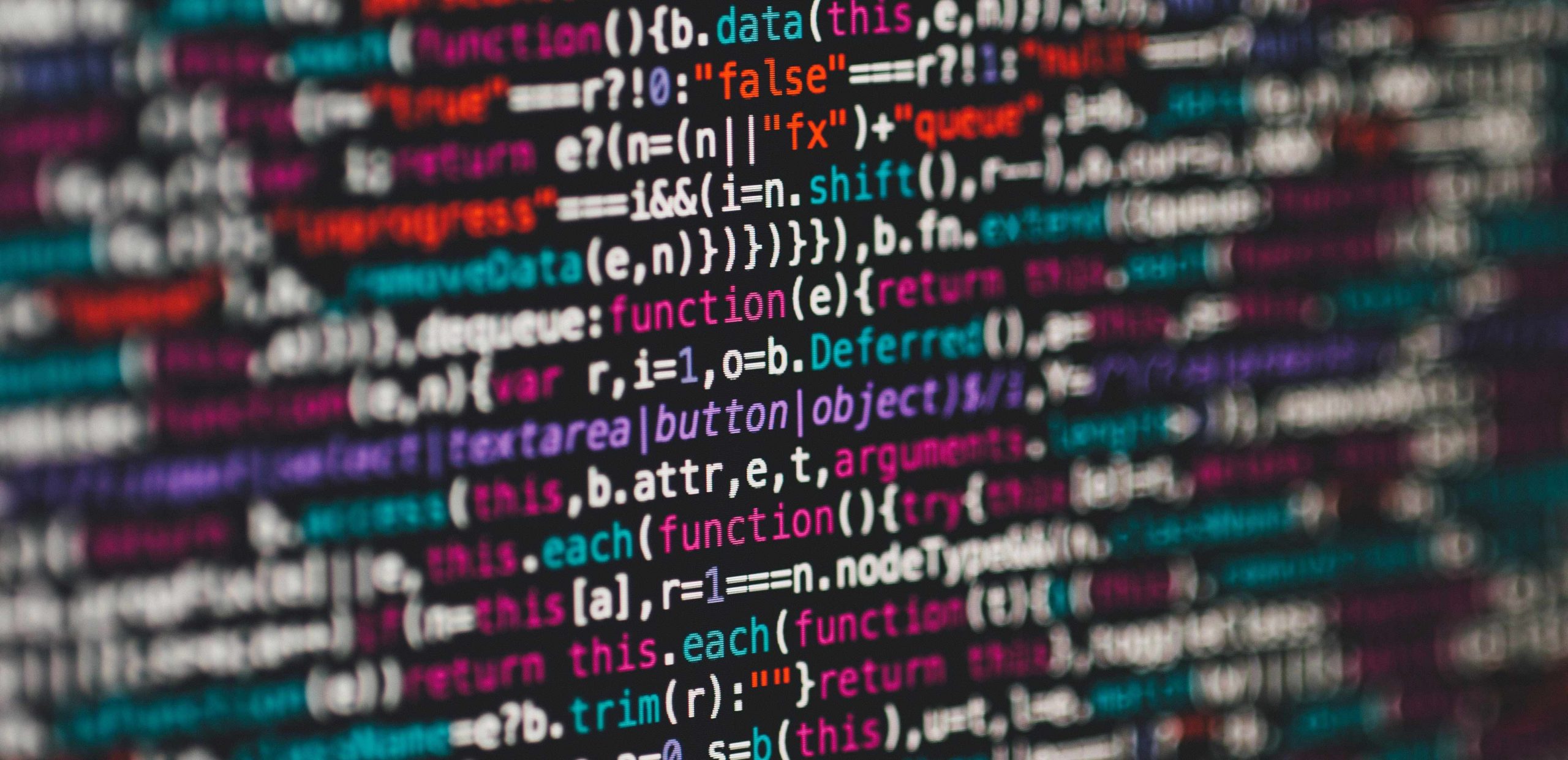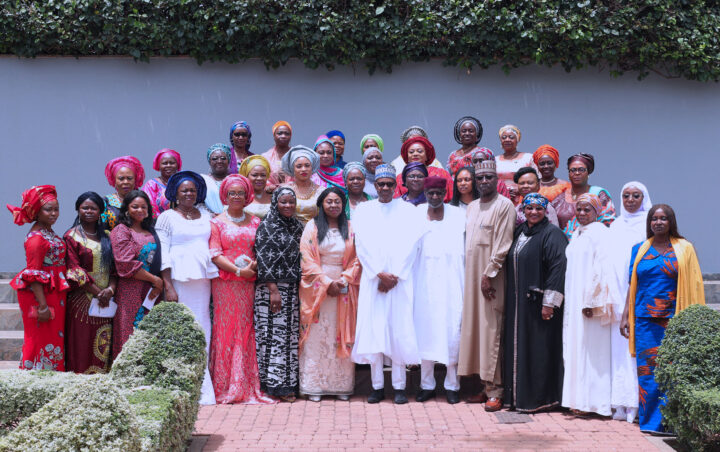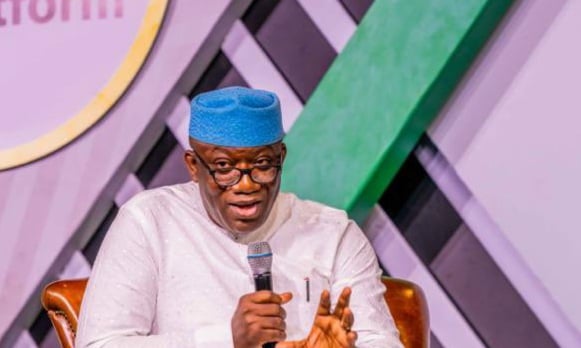BY: Olusola Owonikoko
A tale of two outbreaks
Friday, 8th August 2014.
At least two Nigerians had been reported dead and 20 others had been hospitalized. People had minimized handshakes and other forms of bodily contact. In the wake of the Ebola Virus Disease, African states, including Nigeria were on high alert. Who wouldn’t be?
With a fatality of 50% to 90%, the Ebola virus attacks its victims with a tirade of fever, myalgia, and other non-specific symptoms and haemorrhagic episodes occurring in 30% to 50% of cases.
Advertisement
A zoonotic virus, Ebola wreaks mayhem when it travels from wildlife to humans; after which transmission could continue between humans through body fluids. Since the first case was reported in 1976, the 2014 outbreak has remained the largest in West Africa and was even designated as a Public Health Emergency of International Concern by the World Health Organization (WHO).
Initially, there were no approved medications for Ebola treatment or post-exposure prophylaxis. But to contain the outbreak, the WHO approved a convalescent serum. That was after fake news had claimed several lives in Nigeria.
In early August of 2014, Nigerians woke up to a viral tip on social media on the use of saltwater for Ebola prevention and treatment. With a deep fear of the disease still in the air, many gave in to the herd mentality.
Advertisement
Salt suddenly regained temporal glory as millions of people diluted the kitchen item in water which they drank and bathed with.
Most went scot-free. But others who already had lingering cases of high blood pressure, found themselves struggling for dear life. On 8th August 2014, two persons were reported dead while 20 were hospitalized over drinking salted water.
Beyond containing a dangerous virus, the Centre for Disease Control had to launch a massive sensitisation campaign to save even more lives that’ll be lost through misinformation
Due to high mortality, anxiety, fake news and stigma from Ebola infection, the CDC deployed health communicators across the West African States to support health ministries in developing and circulating clear and science-based messages.
Advertisement
Six years later, the world, not only Africa, tasted the fatal blow of a microscopic life that had turned deadly—Coronavirus.
What began as a local outbreak in Wuhan soon brought the world to its knees. As free movement died down, the internet found its truest potential in connecting a world under lockdown.
But with much of the world now online, misinformation flourished. Purveyors of fake news and conspiracy theories found a ready audience dying to hear anything that smelt like a secret.
Perhaps the most successful of these theories was the one linking the Coronavirus to 5G radiation. Some purported that the virus was a hoax and advised anyone who cared to listen to defy the lockdown and stage public protests.
Advertisement
In a matter of days, 5G towers went aflame as locals vandalized what they believed to be the cause of their job loss, forced isolation, etc.
As more people defied the lockdown, the virus flourished further. More than the Coronavirus scare, millions of people also lost their lives through the tirade of misinformation that flooded the internet.
Advertisement
A personal story
These two events, 6 years apart, sends a strong message. As much as we should be concerned about global viral outbreaks, wars, breakdown of law and order, deadly armed groups and militia, there is a more dangerous enemy bigger than these put together; the pandemic of infodemic.
At the height of the pandemic, I found myself glued to my screen monitoring the rising cases with the anxiousness of a basketball coach—of the losing team—watching the scoreboard minutes to the final whistle.
Advertisement
It did not seem obvious to me at first, but watching body bags being loaded onto trucks for burial and news of millions of people dying, coupled with misinformation about the virus started to take its toll on my mental wellbeing.
Then came the emails and unsolicited text messages. Every service I’d ever subscribed to suddenly felt it was time to bombard my inbox with stay-safe, motivational messages. Some even sent daily updates on the numbers. Can you imagine?
Advertisement
If memory serves me right, I don’t recall ever receiving those messages until that time.
Articles on home workouts, mental health, personal hygiene, how-to-make-your-bed-in-a-pandemic, how to turn your kitchen into a home office, etc., flourished.
Information overload became the new virus. And millions of people slipped into a mental health crisis.
Though the real effects of Covid-19 on global suicide rates are still being debated, anecdotal evidence reveals that Japan saw a shocking rise in suicides. In October 2020, more Japanese reportedly died from suicide than from coronavirus.
Months earlier, the Director-General of the WHO, Tedros Ghebreyesus warned that “We’re not just fighting a pandemic; we’re fighting an infodemic.”
Even when things seem to be returning to normal, the aftershocks of this infodemic will linger. So, you’re better prepared to mitigate it. These 5 tips will help.
- Regulate your exposure to the news
Notice, I didn’t say stop watching the news. That’s not probable for some of us who need the news for decision making.
In every way possible, filter what gets to you. unsubscribe from those newsletters you did not remember signing up for. Unlike those pages selling you crap and look for those with uplifting messages.
- Replace the junk with quality
It is said that nature abhors a vacuum. And that’s true for several reasons. You can’t just clog every access to the news. Something has to take its place, else, what you’re running from will crawl its way back into your life. Or, more accurately, you’ll be lured back into the black hole of negative media.
So, read quality books. Study quality articles from reputable sources and consume content from only personalities you trust.
- Journal your thoughts
In early times, cave dwellers knew too well to allow important aspects or lessons of their lives to die with them. They found a way to document what we know today to be cave drawings.
I have a feeling that they not only did it for documentation but they also did it to let off steam. Struggling for survival, being hunted by wild beasts and exposure to the elements can induce stress.
We don’t experience these any longer, at least not in the cave-dweller fashion. But we face our modern versions of stress. So, find a notebook and scribble your most dominant thought and ideas.
- Meditate
Now, I don’t mean this in the Buddhist monk fashion. Meditation here simply means letting go of the excess thought and focus on one thing, brooding over it.
As a person of faith, I often use Bible verses for this purpose. At other times, I simply shut my eyes and count the number of deep breaths until they hit a certain number. In any case, the goal is to keep yourself mindful of the moment you’re in and savour every bit of it.
- Pray
I believe that the line in the Lord’s Prayer that says “lead us not into temptation but deliver us from all evil” was referring to the evil of misinformation and half-truths. Half-truths can hurt you as much as lies can.
On my leadership journey, I dread half-truths more than I dread lies and outright falsehood. While the latter kills faster like a bullet to the heart, the former massages you like a constrictor until it crushes you to death. It’s a slow, painful process.
So, pray your way to peace of mind and restfulness. Prayer takes the worries off of you and hands them to someone who has the power to do something about them, God.
Bonus tip: Get busy doing what you really want to do. If you consider it, you don’t have as much time as you think you do. So, cut to the chase and accomplish those things you’ve always wanted to do—coding, painting, writing, baking, etc.
As we progress into recovery from the pandemic, the forces of misinformation will grow fiercer. They will grow more sophisticated and proficient in exploiting the vulnerabilities of humans. There is only so much we can do to stop it. The most realistic strategy is to learn to stay immune and help others to do the same.
Owonikoko is a serial entrepreneur and an international development expert who has worked on projects by USAID, DfID, World Bank/IFC. He tweets @SolaOwonikoko.






